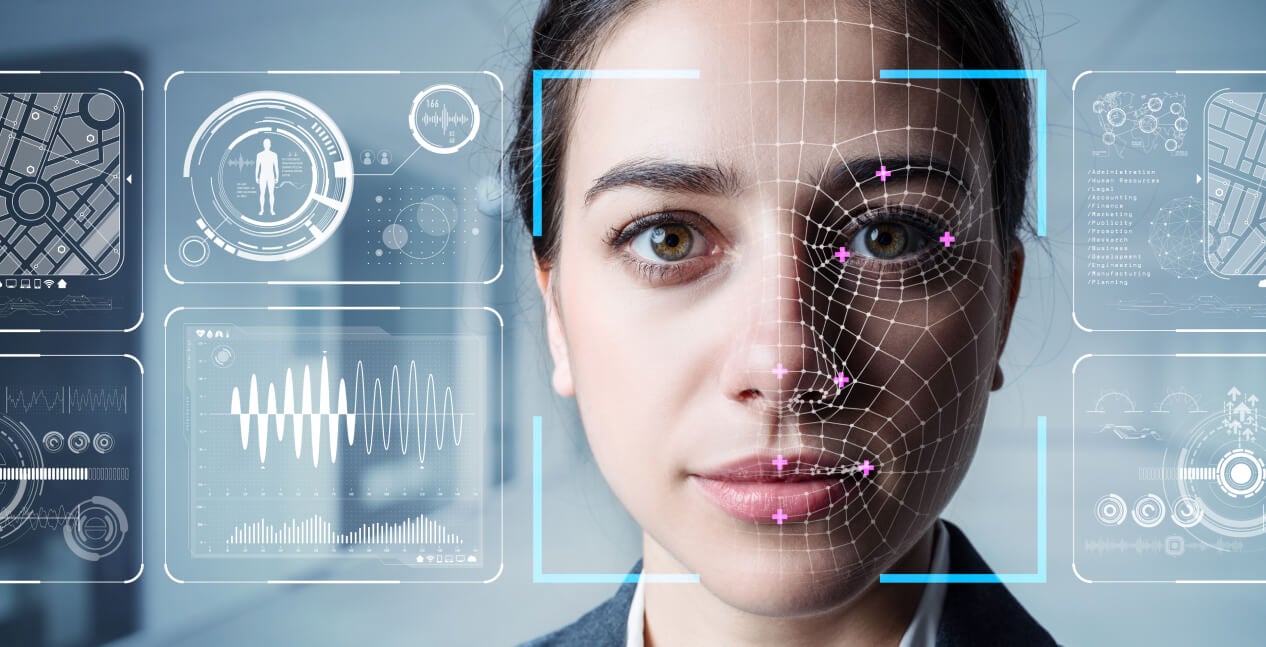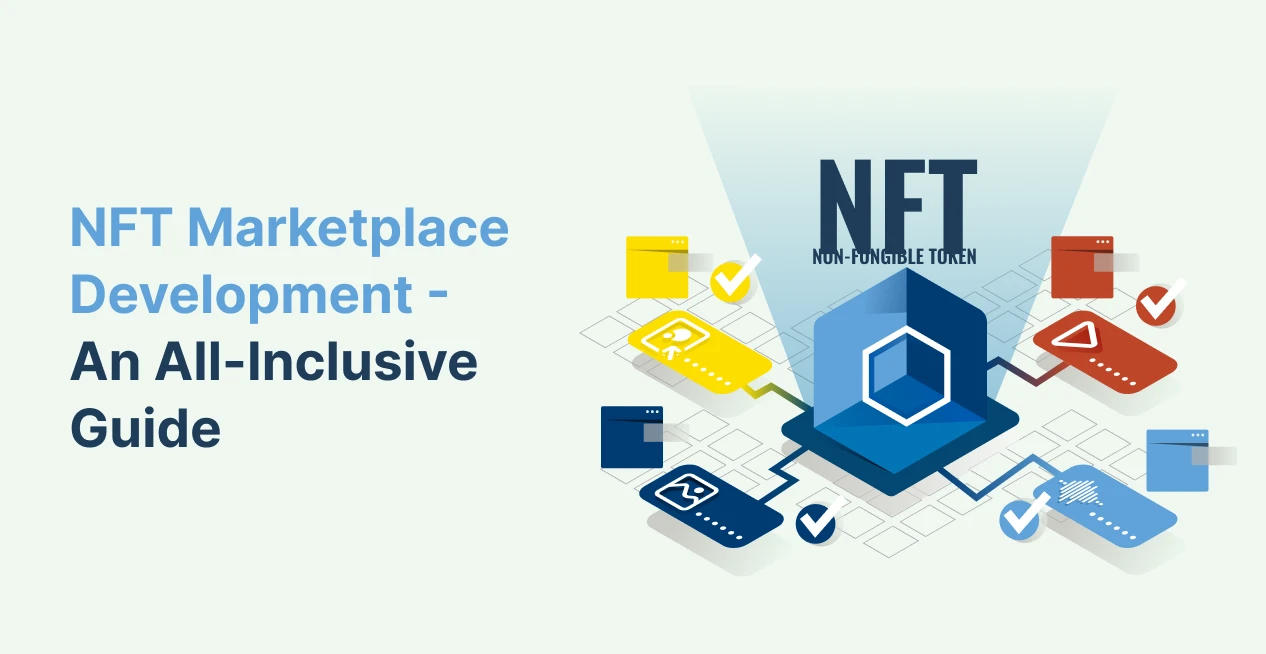Artificial intelligence (AI) has a massive impact on today’s world. AI is a cutting-edge technology that has transformed businesses in various industries worldwide. This blog delves into the myriad benefits of AI in business, exploring how AI technologies revolutionize operations, enhance efficiency, and unlock new realms of strategic advantage.
Examples of Artificial Intelligence are from voice search to computers that play chess and also self-driven cars. Its implementations are limitless.
Artificial Intelligence refers to creating intelligent machines that work and respond like humans. The system can be applied to a wide range of industries and sectors. AI is also being used to conduct tests for the healthcare industry to conduct surgical procedures and forgiving medicine in patients.
AI has ample benefits and will continue to benefit humans in the future. Furthermore, AI apps are so popular and useful that firms like Amazon and Google offer their finest personal assistance gadgets in AI.
People will speak to these gadgets at home to enquire about the surroundings and temperature, order lights to be turned on or off, recommend terms, translate, and so on. Today let’s focus on some benefits of artificial intelligence and gain more clarity about it.
| Bonus Read: Top 9 AI Programming Languages for 2024 and Beyond
What Is Artificial Intelligence (AI)?
If we talk in normal terms, AI is the technology by which machines behave like humans. They learn and make decisions much as humans do. Artificial intelligence helps machines observe, evaluate, and learn from data & errors as a human brain does.
AI is a broad phrase that encompasses a variety of subtopics. These subtopics can be categorized based on the technology required. Some need massive data, machine learning, or natural language processing. They are:
- Reactive Machines
- Limited Memory
- Theory of Mind
- Self-Aware
Reactive Machines
Reactive machines, as their name implies, are solely capable of seeing and reacting to the environment around them. They perform the simplest of tasks. As a reactive machine lacks memory, it cannot depend on previous experiences to guide real-time decision-making.
Reactive machine artificial intelligence may achieve a degree of complexity and dependability when designed to accomplish recurring tasks, despite its restricted scope and inability to be readily updated.
Limited Memory
Artificial intelligence with limited memory is more complicated than reactive computers and offers more options. This sort of AI can retain specific facts gleaned from prior experiences.
It may use that memory and pre-programmed attributes to acquire expertise. Such types are created when a model is constantly worked upon and is trained in how to analyze and utilize new information or build an AI environment so that it can be automatically trained and renewed.
Theory of Mind
Theory of Mind is still theoretical, and AI intelligence has not yet completely reached this level. Artificial intelligence interacts with human emotions and ideas. The concept behind this is to use psychology to create robots that mimic human mental models. This sort of AI model may be observed in self-driving automobiles, which are still in their infancy.
Self-Aware
In artificial intelligence, self-awareness requires human researchers to grasp the concept of consciousness and then discover how to reproduce it so that it can be implemented into machines. Experts view the most complex AI machines as their ultimate AI aim, and these are the most complicated AI machines they imagine.
These machines are conscious of their existence in the world and exhibit human-level consciousness. The concept might be an imaginary one at the moment, but we never know what the future holds.
| Bonus Read: AI in Sports Industry: Exploring the Impact of AI in Sports
How Does Artificial Intelligence Work?
AI systems learn from patterns and characteristics in the data they study by combining vast volumes of data with sophisticated, repetitive processing methods. Each time an AI system performs a data processing cycle, it evaluates and measures its performance, gaining new knowledge.
AI systems execute sophisticated searches through the enormous amounts of data generated by people, reading text and pictures to detect patterns in complex data and then acting on their findings.
What you type into a search engine is predicted by AI algorithms. They show you targeted adverts depending on what you’ve bought and what you’ve looked at. They’ll suggest new music and playlists based on your favorites. Advanced AI systems can also potentially assist doctors in diagnosing and treating patients more swiftly.
Most people think of AI as primarily referring to robots and automating processes. However, they overlook it as a critical practical application for the daily processing of massive volumes of data. If AI is strategically used, it may deliver inconceivable rates and scales of information gathering and work automation.

Benefits of AI in Business: Unlocking Success
1. Minimizing Human Error
Artificial Intelligence’s most significant benefit is that it may drastically minimize mistakes while increasing precision and accuracy. These mistakes can be eliminated if correctly coded. The knowledge obtained before and algorithms are used to guide AI’s judgments at each phase.
2. Lesser Risks
Another significant benefit of AI is that allowing AI robots to complete work for us reduces risks. Machines with metal bodies are tough and can endure adverse atmospheres, whether traveling to space or exploring the deepest depths of the oceans. They can also deliver more precise work with a higher level of responsibility and are less likely to wear out.
3. Business Efficiency
Artificial Intelligence (AI) has become a corporate need. It’s used to manage highly computational jobs that demand a lot of time and effort. Service assurance is provided by artificial intelligence, which ensures that job performance is consistent throughout the day.
AI tools do not get tired of doing repetitive tasks. This can increase corporate productivity and minimize employee stress by re-assigning people to more difficult business activities that need manual involvement.
4. Full-Time Support
AI gives full-time assistance to businesses, assisting them in achieving growth, engagement, and overall happiness. In order to maintain a work-life balance, humans need to take breaks, on the other hand, Artificial Intelligence can help systems work for long at any intervals.
They are better at multitasking and are more capable of doing so. As a result of full-time assistance, businesses may profit from AI algorithms that help them do tough jobs with ease.
5. Virtual Assistance
All companies be it small-scale or big companies use Artificial intelligence-powered virtual assistants. A chatbot may be communicated with and precise inquiries can be asked. They then discover a solution and carry out the activity. Some chatbots have advanced to the point where you won’t be able to identify whether you’re conversing with a machine or a person.
Due to this benefit, businesses can give their customers a personalized experience. Some of the benefits that companies can gain from virtual assistance are easy accessibility, automation of tasks, chatbots, and more.
6. Unique Concepts
AI keeps coming up with new and innovative concepts also considered to be wide-ranging technology. Artificial intelligence has always come up with innovative ideas to address complicated challenges.
A recent invention using powerful AI-based technology has assisted doctors in predicting the early stages of breast cancer in women. The fact that machines think differently gives them scope to address market needs with innovative solutions.
7. Data Analytics
Artificial intelligence eliminates complexities and improves data analysis for organizations. With the help of AI prediction models and algorithms can be developed that conduct data processing efficiently.
Using Natural Language Production, AI automates report generation and makes data easier to understand. Furthermore, it also speeds up the process of data analysis which usually takes longer.
8. Managing Recurring Tasks
Repetitive jobs are inherently tedious but can be readily managed with AI’s assistance. Intelligent machines work faster and can handle several jobs at once to get the best results. These artificial intelligence devices save a lot of time for people, allowing them to concentrate on more complicated jobs.
9. Advances in Medical Field
One of the most talked-about and popular advances of AI these days is in the healthcare sector. The pandemic has created the need of the hour. Patients have to consult online or remotely. This is where remote patient monitoring technology enables healthcare personnel to promptly make clinical diagnoses and prescribe treatments without the patient attending the hospital in person.
10. Better Cybersecurity
One of the most severe issues is cybercrime. Cybercriminals may be able to get a lot of valuable data from your app or website because of a single code error. AIs, on the other hand, are machines with a low mistake rate. The majority of clients are concerned about the security of their private data.
As a result, including AI in your security system will undoubtedly improve cyber security while also increasing trust. It reduces cybercrime risk and enhances cyber security.
Artificial Intelligence Barriers
Higher Costs
Money, time, skill, and tools are all factors that need to be considered. The cost of using AI is high, particularly when creating a bespoke solution. Data scientists, software engineers, and developers are the Artificial Intelligence experts in short supply, making the technology more expensive.
Data Requirements
The AI engine’s skills are directly proportional to the training dataset’s quality. Data that is complete, systematic, and devoid of prejudice is essential. It’s not as simple as it appears. Even if your company has access to vital information, it may not be well-organized or error-free. Human inaccuracy and data biases lead to AI with the same tendencies.
Regulations
You may be subject to AI restrictions depending on your firm’s operations and what products or services you supply. Even though you aren’t bound by any specific guidelines when working with AI, you should be mindful of the fundamental qualities of this sort of algorithm, which is frequently a “black box” that might pick up biases from data.
Adaptation issues
Even in ideal AI adoption situations, there exist hurdles. A company has many employees, and each will have different thinking. Some might support AI concepts, and some might find them useless. Even in a completely supportive culture, deploying and directing AI efforts is a significant task. Thus corporate culture must empower the individual(s) in charge of implementation.
List of Technologies Used in Artificial Intelligence
Almost every company, small or large, wants to acquire Artificial Intelligence. Some of the most popular AI technologies that can benefit you are listed below
- Speech recognition – The best example is the Google speech-to-text feature.
- Natural language generation – The most significant example is automated journalism, in which a device searches the web for real-time news updates, gathers information, prepares a summary, and publishes it.
- Virtual agents – Chatbots that can interact with humans and answer their questions.
- Biometrics – The technology measures and statistically analyzes human attributes by their behavior and characteristics.
- Decision management – Intelligent machines are created to give AI systems new rules and logic for setup, long-term maintenance, and optimal tuning, allowing you to run a profitable business.
- Machine learning – The primary goal is to create techniques that allow computers to learn. They are currently being developed for audience management and prediction.
There are many other technologies, such as robotic process automation, peer-to-peer networks, deep learning platforms, AI-optimized hardware, and many more, which you can choose from.
| Bonus Read: Top 10 Profitable AI Business Ideas to Launch in 2024
Benefits of Artificial Intelligence in Business: The Conclusion
To summarize, Artificial Intelligence refers to computer-based intelligence models. Artificial Intelligence (AI) has great promise for improving the world. However, there will always be a requirement for human contact.
Humans will always make the final choice to ensure that AI does not become uncontrollable. Since user expectations have risen exponentially, neglecting to integrate with AI technology will lead to obsolete technologies and organizational collapse. To win the challenge, this needs the application of contemporary technology and AI literacy.
Artificial intelligence will continue to advance as new developments are made. Upon knowing the advantages and barriers, one might be able to use AI for their business sustainability properly.










